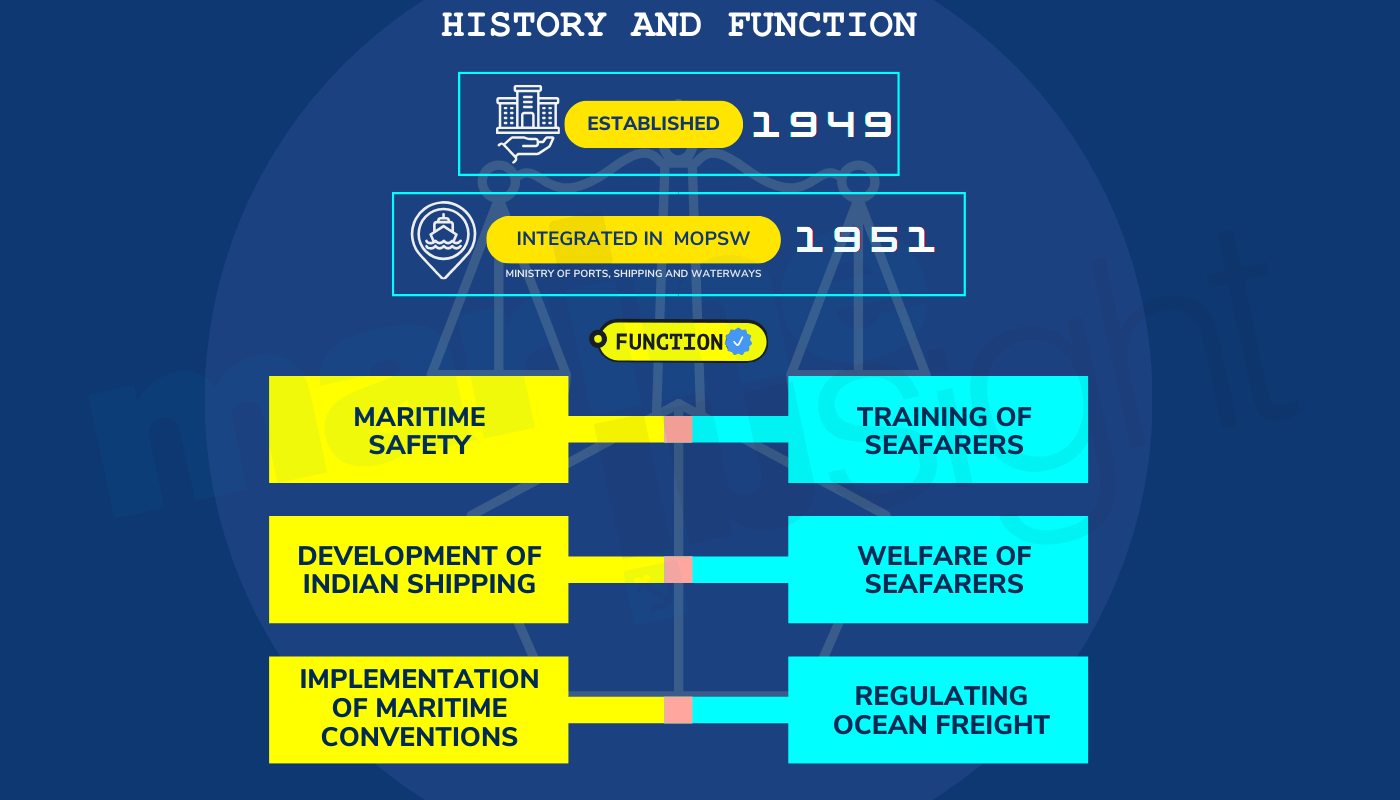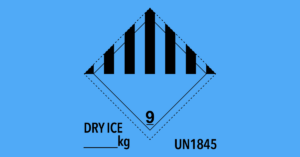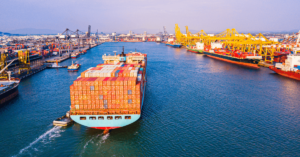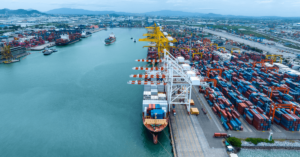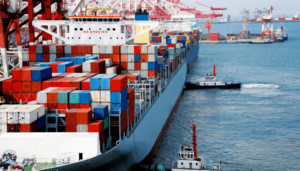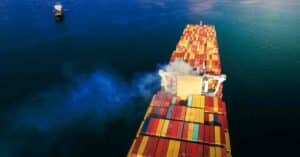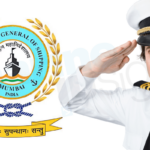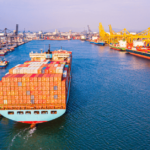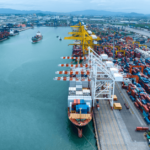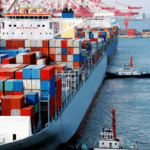What is the Purpose of DG Shipping?
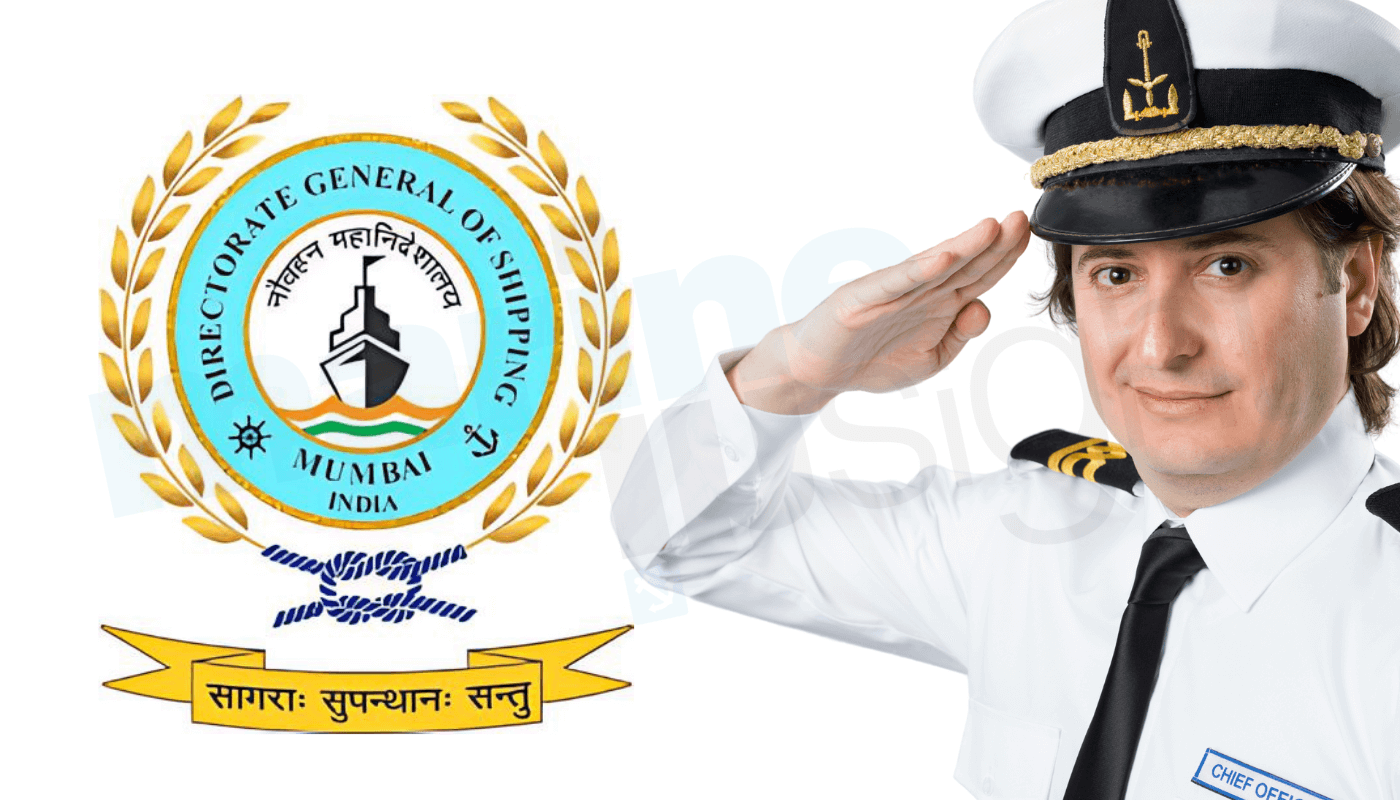
What is DG Shipping?
The Directorate General of Shipping, India, or DG Shipping, is an office of the Indian Ministry of Ports, Shipping, and Waterways.
As you might understand from its name, this government agency deals with all matters related to the shipping/maritime industry in India, whether it be passing & implementing shipping policies, rules and regulations, training seafarers/ merchant navy officers per IMO guidelines, issuing certifications, ensuring seafarers’ welfare, safeguarding maritime environments from pollution and other hazards, undertaking ship inspections and so on.
It also takes necessary steps to develop coastal shipping, augment shipping tonnage, and supervise and direct the allied departments and officers under its jurisdiction.
Why was DG Shipping Founded?
In 1947, the then-Indian Government introduced the National Policy on Shipping to develop the nation’s shipping sector.
A few years after India gained freedom from British rule, shipping fell under the purview of the Ministry of Commerce. A need was felt for a centralised administrative organisation to fasten the pace of development. So, in September 1949, the Directorate General of Shipping was established with its headquarters in Bombay, now Mumbai. In 1951, shipping was shifted to the Ministry of Transport and Shipping.
Today, the Directorate General of Shipping India is responsible for all maritime matters, including administrative issues, maritime training and education, development, and other related subjects.
What were DG Shipping’s initial aims and objectives?
- Issues which affected merchant shipping, administration of law and navigation
- Implementing methods for ensuring the safety of life, property and ships at sea
- Developing the Indian shipping sector
- International conventions related to maritime
- Availability of facilities for training naval officers and ratings
- Seamen employment regulation and their welfare
- Developing the sailing ship industry
- Regulating ocean freight rates in overseas maritime trade
Who is the Director General of Shipping?
The Director General of Shipping has statutory powers under the Constitution’s Section 7 of the Merchant Shipping Act of 1958. On the administrative side, he is assisted by Assistant Directors General of Shipping and Executive Officers. His technical help comes from his Nautical Advisor and nautical Surveyors. At the same time, Engineering guidance is offered by the Chief Surveyor, Chief Ship Surveyor, Engineer and Ship Surveyors, and other supporting staff members.
The Chief Surveyor and Nautical Advisor also examine the Masters/Mates and Engineers on behalf of the Director General of Shipping.
Shri Shyam Jagannathan is the present director of DG Shipping, India. He is an IAS Officer of the 1997 Assam-Meghalaya Cadre who has also functioned as Zonal Development Commissioner in Mumbai and Commissioner and Secretary of the Finance Department.
Vision
“To be recognised globally as a highly effective, efficient, responsible and progressive maritime administration.”
Mission
- Provide an effective regime that enables the achievement of a safe, efficient, and secure maritime sector, protects maritime ecosystems, and establishes maritime institutes and universities in the country.
- Support the government in developing and implementing a maritime development program that positively impacts the national economy.
- Implement policies to promote investment in the sector and develop competitive ship construction and repair facilities.
- Establish high-quality HR management that caters to the global requirements of competent sailors.
- Ensure adherence to the highest standard of efficiency, integrity, and delivery of services through continuous improvement, innovation, and technological breakthroughs that lead to value addition in all works undertaken.
- Developing methods to ensure that all international instruments regarding ship safety, protection of the environment, and seafarers’ welfare practices are followed.
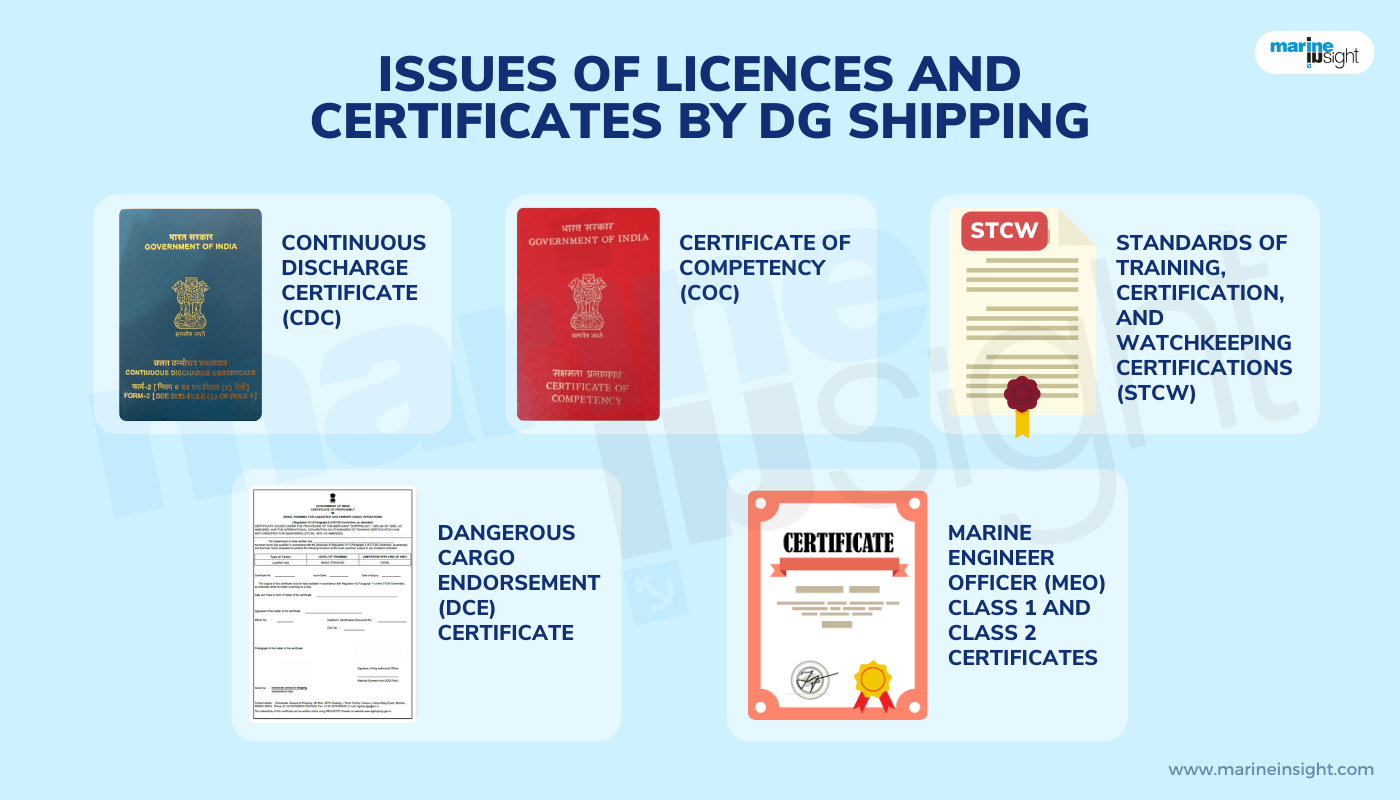
Functions of DG Shipping
- Administration of Merchant Shipping Act,1958
- Surveying, Registering, Certifying and Licensing of ships
- Implementing International Conventions of IMO and ILO on maritime issues
- Ensuring the safety of human life and vessels at sea
- Preventing marine pollution
- Conducting exams and certifications for seafarers
- Taking into consideration the Grievances and welfare of seafarers
- Investigating case of any marine casualty
- Port state control and flag state inspection of vessels
- Passing and implementing rules, circulars and guidelines related to shipping
- Representation in several committees of IMO
Duties of DG Shipping
As discussed in this article, DG Shipping has several functions and duties. However, the most important is ensuring that Indian vessels and shipping agencies meet environmental and safety standards.
Secondly, it ensures that Indian seafarers are a highly competent and qualified force with good living conditions. DG Shipping also ensures that foreign vessels in India and its ports meet international rules and regulations.
It also implements several International Conventions related to SOLAS (International Convention for the Safety of Life at Sea) requirements for preventing marine pollution, MARPOL 73/78 and other compulsory requirements of the International Maritime Organisation.
Licences and certifications Issued
DG Shipping issues licences and certificates to ensure that Indian seafarers remain competent and aware of recent developments in the sector. This also enables them to grow in their respective careers in India and abroad.
DG Shipping maintains high levels of professionalism and safety standards in the country and ensures that it aligns with international conventions.
The licences and certificates issued include-
- Continuous Discharge Certificate (CDC)
- Certificate of Competency (CoC)
- Standards of Training, Certification, and Watchkeeping Certifications (STCW)
- Dangerous Cargo Endorsement (DCE) Certificate
- Marine Engineer Officer (MEO) Class 1 and Class 2 Certificates
Why does DG Shipping undertake Ship Inspections?
Regular inspections of ships and port and flag state control are needed to ensure that safety standards are met, maritime security is upheld, potential threats are overcome, and international rules are implemented.
These inspections protect the environment by ensuring that ships comply with environmental laws. It helps prevent marine pollution and preserves the marine environment from accidents like spills.
Inspections help fight illegal maritime trade, as cargo and ship documents are verified to prevent unlawful activities like smuggling.
Inspections also help to enforce maritime safety standards to promote security.
Additionally, suppose a ship is not seaworthy, is in poor condition, or does not adhere to rules. In that case, DG Shipping has the right to issue orders to the port authority, which stops such a vessel from departing.
These measures are undertaken to ensure the safety of the marine environment and the crew members. This approach enables DG Shipping to uphold the integrity of maritime activities and hold shipowners accountable.
How does DG Shipping ensure the welfare of seafarers?
DG Shipping, India, safeguards and promotes the welfare of Indian sailors by following the Maritime Labour Convention (MLC) 2006 and ensuring that Indian vessels follow the standards mentioned in MLC 2006.
These cover areas like minimum age, qualifications, medical certifications, accommodation on the ship, recreation, safety and health, medical care available onboard, work and rest hours, food and catering, payment, wages, complaint processes, licenced recruitment services, employment agreements, etc.
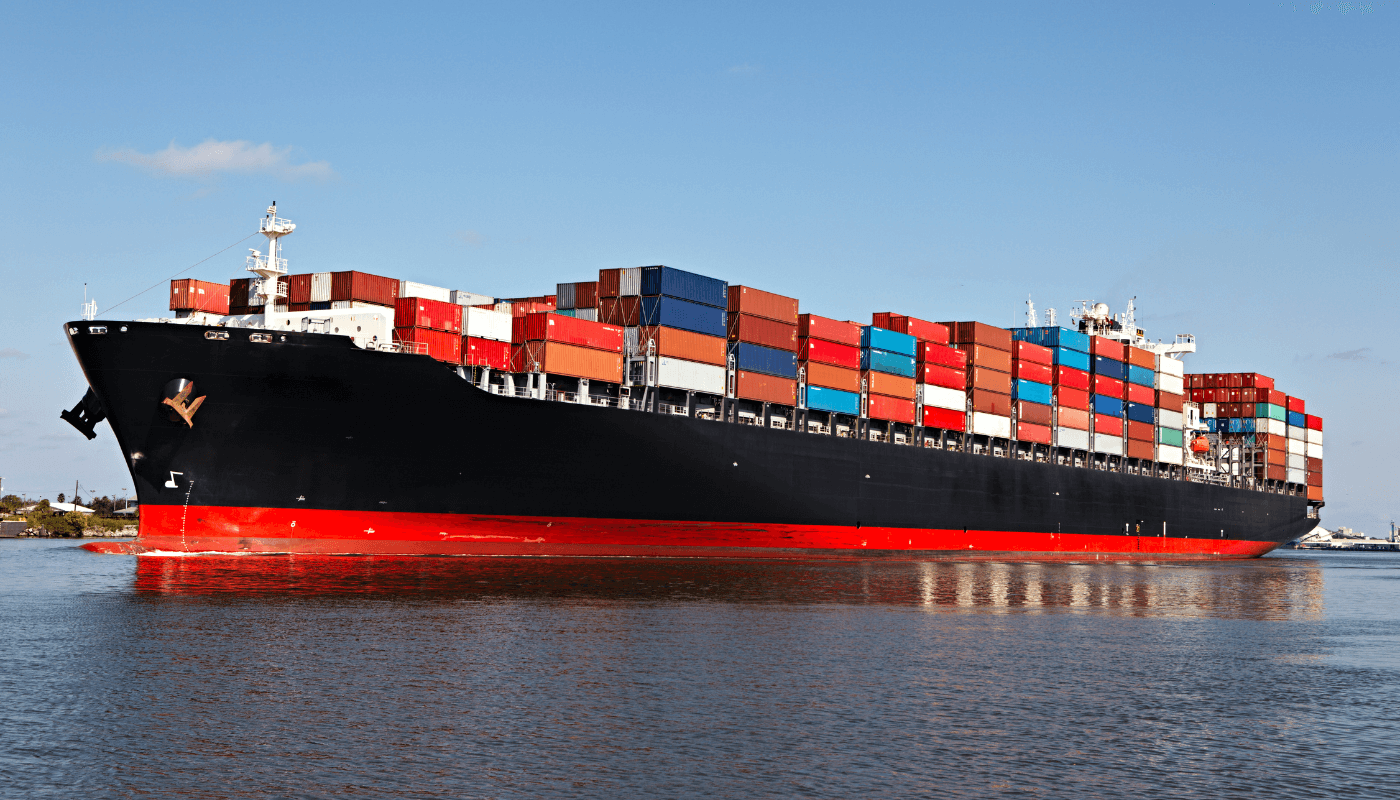
Notable Achievements of DG Shipping
Launch of e-Migration System in 2017
The MS Notice 7/ e-Migration system promotes safe employment practices. The system has more than 300 approved agencies that recruit and offer placement to seafarers.
Each agency has an ID, making the process transparent. Seafarers also have IDs that they use to undertake licence exams, e-learning, etc.
Seafarers Identity Document(SID)
The implementation of SID is another step that has made seafarers’ lives easy and the process smooth and streamlined since this identity document contains all their information.
It records their personal details, qualifications, certificates issued in their name and trainings completed. It also has a photograph of the holder and a unique identification number.
This document also helps seafarers secure transit transfers, shore leaves, and repatriation to and from a foreign nation. It can be used to prove a seafarer’s eligibility for rights and benefits under the Maritime Labour Convention, including welfare benefits and healthcare services.
It is made using Biometrics, such as fingerprints, facial or specific body marks, etc. All this information is stored in a chip protected by a security code.
You can apply for a SID on the DG Shipping Website. For this, you should be an Indian citizen or resident, have an Indian passport and a CDC, an INDOS Number, an email ID and an Indian mobile number.
Digitalised Indian Shipping
Indian sailors can conveniently get updates regarding their certificates, licences, documents, etc., on the DG Shipping website, where they can also take e-learning and online exit exams.
They can also apply for a DCE or Dangerous Cargo Endorsement Certificate through their ID linked to their Indos number.
An efficient redressal system means that grievances, especially of women seafarers, are addressed at once.
The DG Shipping website allows sailors to register for e-learning and obtain certificates after completing e-learning courses on the platform. Facial recognition technology is applied during these sessions to create a transparent learning experience.
Maintaining Quality of Education and Training
DG Shipping ensures seafarers receive the best maritime training and education by approving maritime training institutes (MTIs) after STCW Regulation 2010 and ensuring they have well-equipped labs.
Annual inspections are undertaken to improve the standards of these maritime institutes.
Taking Action Against Shipping Companies
DG Shipping blacklists shipping companies if they do not follow maritime rules and regulations. This step ensures that companies adhere to rules, protect the interests and welfare of seafarers, and uphold maritime safety and security.
Conclusion
I hope this article helped you learn about DG Shipping, why it was formed, and why we need it. DG Shipping can be called the caretaker of India’s Shipping Industry and can be credited for producing highly trained and capable seafaring professionals. The licences and certifications issued by it are considered of high importance globally.
DG Shipping regulates the maritime industry, ensures the welfare of seafarers, ensures they are trained and educated at par with international standards, blacklists defaulting shipping agencies, issues licence and certificates, undertakes ship inspections, formulates, passes and implements maritime rules and regulations and upholds international conventions relating to maritime.
DG Shipping has introduced e-learning, facial recognition and online exams, making the entire process easy and accessible for seafarers as it is committed to their rights and welfare.
You might also like to read-
- What are Logistics Risks?
- Nautical Law: What is UNCLOS?
- The Ultimate Guide to the ISPS Code for Ships – Enhancing Maritime Security
- The Role of General Average in the Maritime Industry
- A Guide to Merchant Navy Ranks
Disclaimer :
The information contained in this website is for general information purposes only. While we endeavour to keep the information up to date and correct, we make no representations or warranties of any kind, express or implied, about the completeness, accuracy, reliability, suitability or availability with respect to the website or the information, products, services, or related graphics contained on the website for any purpose. Any reliance you place on such information is therefore strictly at your own risk.
In no event will we be liable for any loss or damage including without limitation, indirect or consequential loss or damage, or any loss or damage whatsoever arising from loss of data or profits arising out of, or in connection with, the use of this website.
Do you have info to share with us ? Suggest a correction
Disclaimer :
The information contained in this website is for general information purposes only. While we endeavour to keep the information up to date and correct, we make no representations or warranties of any kind, express or implied, about the completeness, accuracy, reliability, suitability or availability with respect to the website or the information, products, services, or related graphics contained on the website for any purpose. Any reliance you place on such information is therefore strictly at your own risk.
In no event will we be liable for any loss or damage including without limitation, indirect or consequential loss or damage, or any loss or damage whatsoever arising from loss of data or profits arising out of, or in connection with, the use of this website.

About Author
Zahra is an alumna of Miranda House, University of Delhi. She is an avid writer, possessing immaculate research and editing skills. Author of several academic papers, she has also worked as a freelance writer, producing many technical, creative and marketing pieces. A true aesthete at heart, she loves books a little more than anything else.
Latest Maritime law Articles You Would Like:
Latest News
- Why Dry Ice Is Used For Packaging
- What is the Purpose of DG Shipping?
- What are Logistics Risks?
- How Port and Terminal Operators Can Control Emissions?
- Minimum Quantity Commitment (MQC) and Liquidated Damages in Container Shipping: Concept and Relevance
- MARPOL (The International Convention for Prevention of Marine Pollution For Ships): The Ultimate Guide
Daily Maritime News, Straight To Your Inbox
Sign Up To Get Daily Newsletters
Join over 60k+ people who read our daily newsletters
By subscribing, you agree to our Privacy Policy and may receive occasional deal communications; you can unsubscribe anytime.



